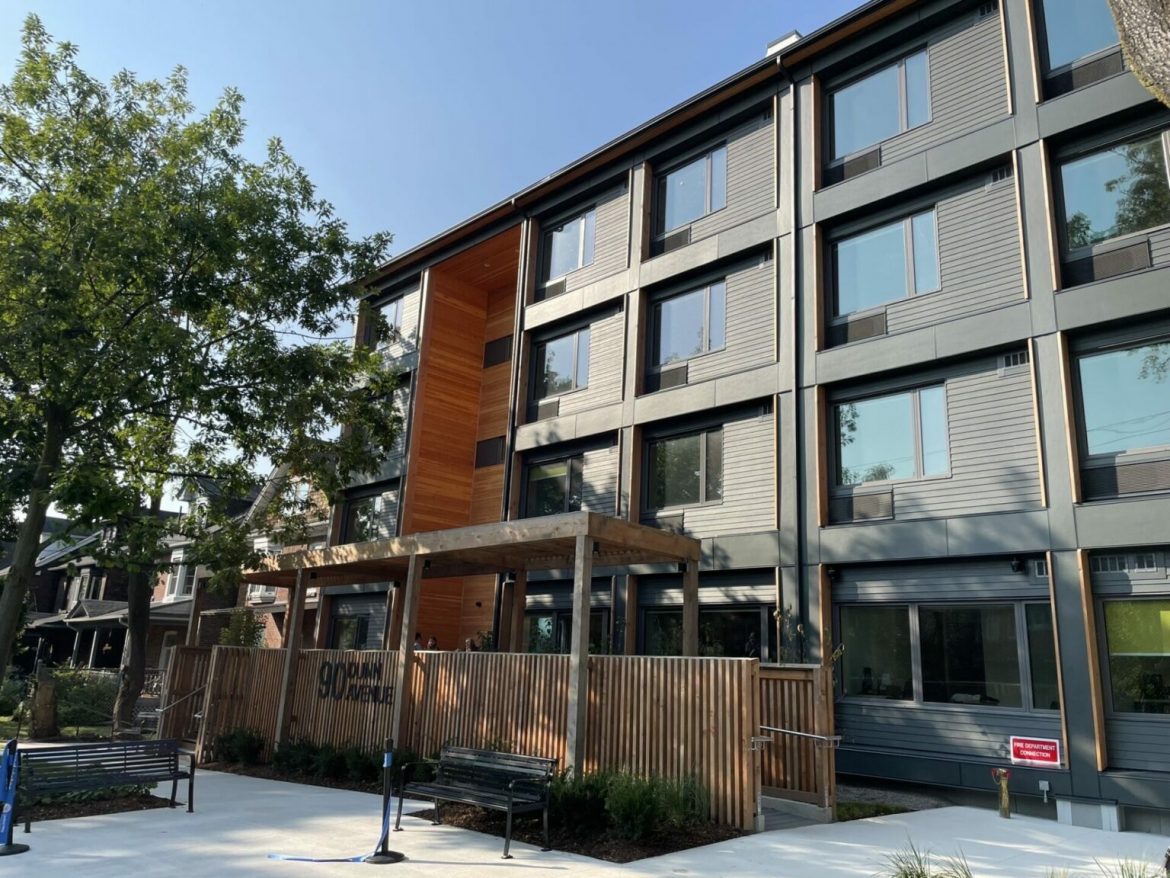Canada’s First Social Medicine Supportive Housing
Sarahi Giles Candela, Contributor
There are approximately 10,000 people who are currently experiencing homelessness, a crisis that extends beyond the lack of shelter and touches deeper issues like mental health, substance use, and poverty. To address these challenges, Toronto has developed an initiative that reflects a forward-thinking approach that recognizes housing as more than just a basic need, but a fundamental determinant of health.
As Mayor Olivia Chow stated on social media platform X, this project collaborates with the provincial and federal government, the University Health Network’s (UHN) Gattuso Centre for Social Medicine, and the United Way of Greater Toronto. This multi-faceted collaboration increases the project’s potential for success. It sets a precedent for how future initiatives aimed at social issues can benefit from broad cooperation across public, private, and nonprofit sectors.
What used to be a parking lot will now be known as the location of Dunn House at 90 Dunn Avenue in Parkdale, a four-story building that has capacity for 51 of UHN’s most medically and socially complex patients. It consists of self-contained studio apartments with a bathroom and kitchen, and will be permanent housing, unlike short-term emergency shelters that cater to anyone in a housing crisis. Tenants are selected based on an assessment of their individual needs, ensuring that the necessary on-site support services are tailored to help them maintain housing stability. Thus, occupants are permanent residents with full rights and responsibilities, choosing supportive housing as a long-term home where they can integrate into the community.
“The data is clear — homelessness is a terminal condition. On average, patients who are unhoused live nearly twenty years less. The health care costs are seven-times higher. In medicine, we have been left to treat these pathologies of poverty with band-aid solutions, and witness the cruel cycle that our patients are trapped in.”
- Dr. Andrew Boozary, Executive Director of the Gattuso Centre for Social Medicine
With Dunn House, the main concern is to provide a continuum of care for UHN patients and support individuals exiting homelessness, including women, Indigenous Peoples, and people with disabilities. The homes will follow a “rent geared to income” model, meaning the rent will be calculated according to the resident’s income level. It will also foster a greater sense of community, respecting traditions of a diverse community that will share values and experiences within the communal space.
The future of supportive housing and social medicine in Canada holds immense promise as Toronto exemplifies a leading pattern for healthcare integration, targeting the root causes of homelessness. As these initiatives expand, we can envision a country where people will have access to a safe place to call home and comprehensive support that will lessen the strain on emergency services creating more resilient communities.
By recognizing that housing is a fundamental factor determining citizens´ health, Canada is fostering a society where compassion and innovation are key values within public policy. This ensures that even the most vulnerable citizens have the stability they need and hope for a better future.
Photo Credit: City of Toronto




